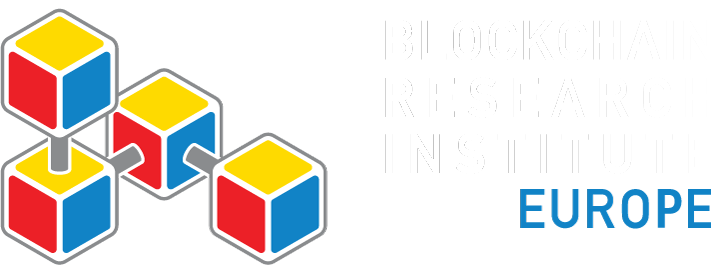Blockchain Interoperability
Report Overview
Author: Marek Laskowski, Henry Kim
Release Date: August 21, 2020
Abstract:
This project explains the key interoperability challenges that the blockchain pioneers need to solve. It covers the business and technical foundations of interoperability, namely decisions about user identity (keys and signatures), security of assets (cryptography), notaries of off-chain events (oracles and Byzantine committees), block relays (sidechains and pegs) between a local chain and a foreign one, gateways of communication, and network architecture. It surveys the five major interoperability projects, and it explores the use case of cross-border trade, defining the problem it solves as well as the advantages of the solution it provides. Finally, this project includes an appendix that covers concepts behind interoperability such as atomic swap, practical Byzantine fault tolerance, dogfooding, and Shamir secret sharing.
